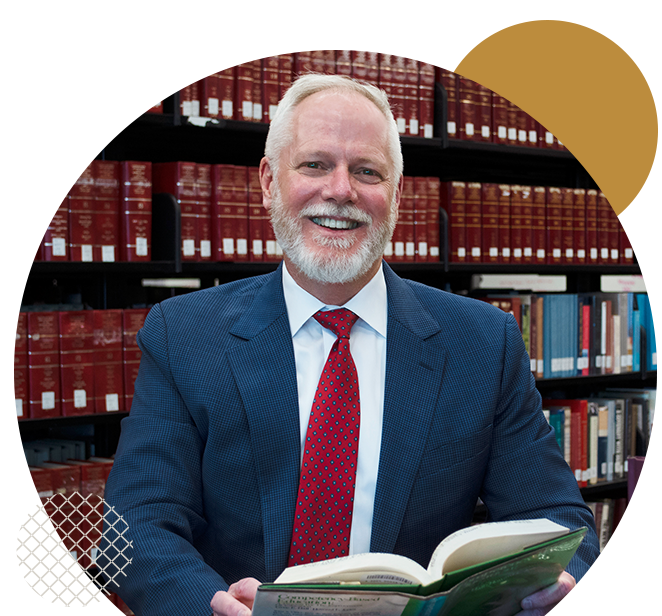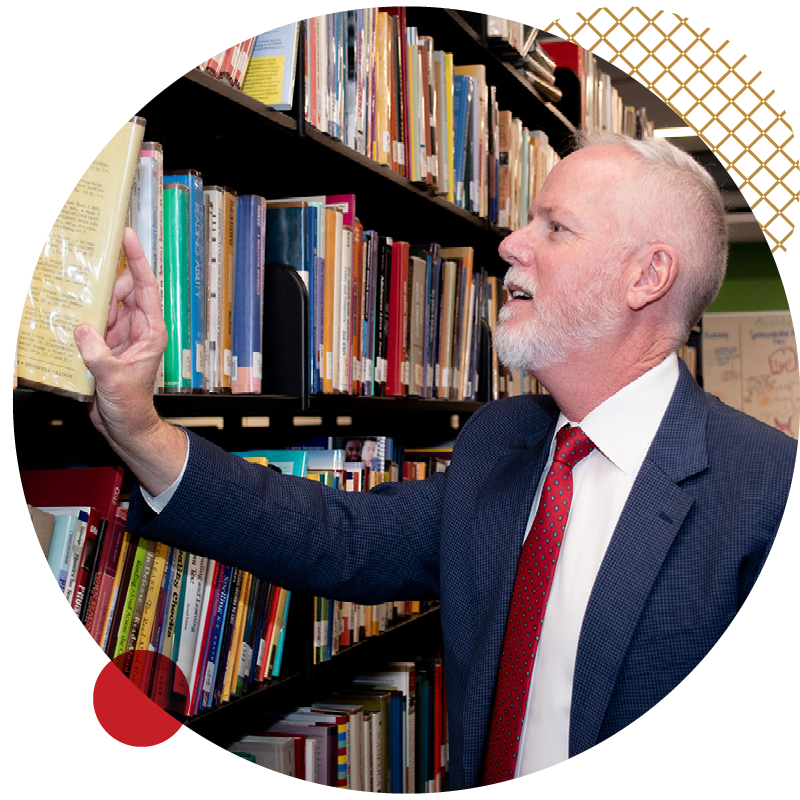Feature | Long Read
Finding Your Spark.
How Ramapo’s Provost is Changing the Way Students Learn

By Bev McCarron | Winter 2024
In his first year of college, Michael Middleton’s academic journey took an unexpected turn: Although he intended to major in chemistry at Harvard University, he discovered after just one class that it wasn’t his passion. Instead, while working in Harvard’s School of Education library as a work-study student, he found himself so intrigued by the education books that he was reading them. Middleton became one of the first students to graduate in 1987 from Harvard’s newly established teaching certification program for undergraduates.
He accepted a math teacher job at an alternative high school in the Boston area for students who struggled in traditional educational settings and discovered he loved the challenge of working with and motivating students, many of whom were on the verge of leaving school.
Now, as Ramapo College’s new Provost and Vice President for Teaching, Learning and Growth, Middleton says that early teaching experience set the trajectory for his career as a researcher, scholar, higher education faculty and administrator focused on how to engage students and what environmental factors motivate them to learn.
“Finding that spark, understanding what causes kids to learn and grow, has been the story of my career,” he said.

Before joining Ramapo in the spring of 2023, Middleton held administrative and faculty positions at institutions such as Hunter College, the University of Massachusetts Boston and the University of New Hampshire. What drew him to Ramapo was the job title – provost and vice president for teaching, learning and growth. He said he saw it as a departure from the traditional provost role, one that is typically less focused on the student experience.
Middletown is renowned for his scholarly work in student motivation and achievement, having received over $3.7 million in funding from the National Science Foundation and co-authored a book on this topic. He has been tasked with guiding faculty and students as Ramapo implements a new strategic plan aimed at producing ethical, empathetic, inclusive, and responsible leaders and citizens. One of the key findings of his early research emphasized the importance of building meaningful student-teacher relationships as a critical factor in student success. At Ramapo, he has made it a priority to visit one or two classes each week to get a sense of the culture and understand how faculty and students interact.
In a recent music senior seminar, he listened to students describe their capstone projects and how they related to their professional aspirations. He watched a history professor lead a class through materials from the American History Text Book Project, some of which are more than 100 years old, so they could better understand how views of history change over time. He took note of the diversity in the classes; this year nearly half of the first-year students are first-generation college students. Middleton was inspired by seeing faculty work with students from all backgrounds with a sensitivity to their unique abilities and cultures.
“Many places say they are student-centered, but I think the teacher-student relationships at this college are what I call the secret sauce. That’s our magic ingredient – the bond between students and teachers that is deep and enduring and based on learning and mentoring. That’s where the magic happens on our campus,” he said.
Ramapo’s four pillars of academic excellence – interdisciplinary and experiential learning, and international and intercultural understanding – resonate deeply with Middleton. He said they are the foundation for what he calls “the Ramapo experience,” a concept that emerged from a faculty-led committee’s recent work developing a comprehensive academic plan.
“Finding that spark, understanding what causes kids to learn and grow, has been the story of my career.”
— Michael Middleton
Provost | Vice President for Teaching, Learning and Growth
“The Ramapo experience is centered on student exploration. It allows students to engage with different ideas and disciplines and understand what it means to think in different ways. They’ll get to dive deeply into one of our majors or self-design a major, building the knowledge and skills relevant to their chosen discipline,” he said. The plan envisions students in every discipline completing a capstone experience in their final year where they will identify real-world problems, apply their skills and knowledge to find solutions and then publicly present those findings.
“Our aspiration is that we’d also like every student to have an international or intercultural experience during their time here as well,” he said.
He sees the integration and exploration of new technologies into teaching and learning as critical to advancing the school’s mission. He noted that the changing role of technology is evident in efforts such as Ramapo’s Investigative Genetic Genealogy Center, where technology is used to help solve cold cases, right wrongful convictions and repatriate unidentified remains. He also recently worked with the Faculty Resource Center to plan a development day to explore the role of artificial intelligence in the classroom. “We’re trying to infuse updated technologies and approaches across all of our disciplines,” he said. “We have to be responsive to the changing world around us.”
As the academic leader of a liberal arts college, Middleton underscores the importance of an education that not only teaches students about their specific disciplines, but broadens their understanding of the world. He points out that job market trends predict today’s students will switch jobs up to a dozen times in their lifetimes, likely working in roles that don’t exist now. Ramapo’s vison is to equip students not only with the skills needed in their professional field, but also with the ability to think critically, work collaboratively and communicate effectively in an increasingly diverse and interconnected world.
“We believe we should be helping young people learn how to think and not what to think. That is the pathway to future success,” he said.
